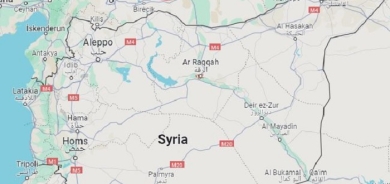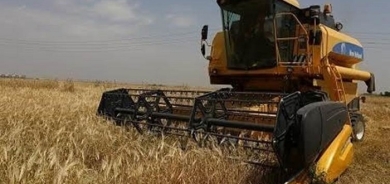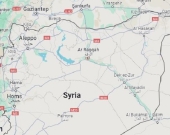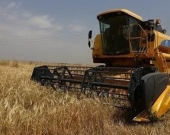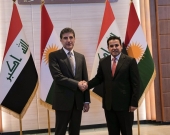Iraq battles dust from marshes drained by Saddam
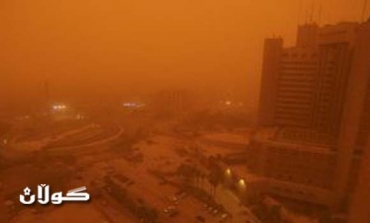
Deputy Environment Minister Kamal Latif said that, despite efforts to restore the marshes, Iraq was likely to suffer from dusty weather for a majority of days over the next decade.
At present almost no week passes without dusty days, with frequent sandstorms powerful enough to disrupt driving, cause car accidents, halt flights and fill hospitals with patients suffering from breathing difficulties.
"We used to have 10 to 15 sandstorms in late 1970s," Latif said in an interview. Sandstorms started to increase and become more severe after the wetlands were dried out by Saddam's government in the early 1990s to flush out rebels living there.
In 2008 there were 283 dusty days, including 122 sand storms, Latif said.
"I expect we will reach 300 days of dusty and stormy weather per year during the coming 10 years if the circumstances stay as they are," he said, citing an increase in temperature and lack of rain keeping the marshes dry.
The marshes in Iraq's south covered 9,000 square km (3,475 square miles) in the 1970s, but had shrunk to just 760 square km by 2002.
Latif said around 50 percent of the original area had been restored so far that was not enough to solve the problem. He said the marshes needed to be restored to 100 percent of their original coverage.
Latif said there was also a need to create plant cover in desert areas of northwestern Iraq, to hold the soil and prevent sandstorms beginning there.
In addition to human problems, the sandstorms have a huge impact on agriculture and damage turbines used for power generation, he said: "Three-hundred days a year means a catastrophe for the economy and human health."
(Reporting by Aseel Kami; Editing by Sylvia Westall; Editing by Robin Pomeroy)
Source: Reuters


